
In a world marked by complexity and polycrisis, business stands at a pivotal moment. To enact meaningful change, leaders, particularly those in HR, must confront an existential midlife crisis. This entails challenging the status quo and acknowledging their complicity in perpetuating suffering within organisations.
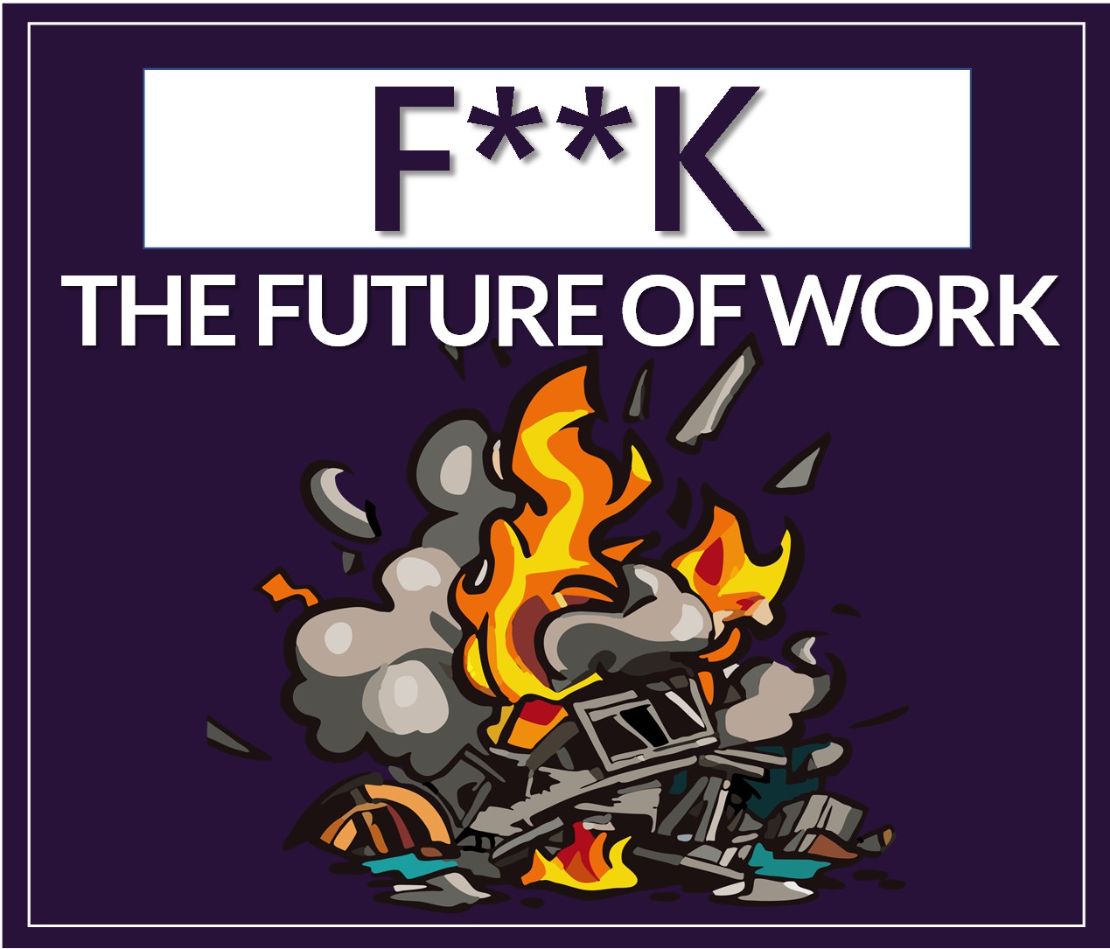
Preamble: Good Leaders, Unite!
In a world where complexity reigns, where capitalism's grip on society threatens democracy, and where suffering pervades many organizations, we find ourselves at a crossroads. In order to reshape the future of work, leaders must heed the call of transformation, daring to challenge the status quo and driving change for good.
For far too long, executives across functions have grappled with an existential crisis, losing sight of their true purpose and their potential to become a force for positive change. We've professionalized, we've gathered brilliant minds, but the truth is, people and planet are no longer truly at the heart of what we do. We've wandered in the wilderness of indifference, too often lost in a labyrinth of bureaucracy and technology.
The path to real change is not lined with quick fixes or superficial solutions. We must stop to purchase indulgences in the form of sustainability reports or DEI programs, and cease to distract ourselves with the latest technological marvels to atone for our shortcomings.
Our first step is to gain clarity on where exactly we want to lead our organizations. If we're not cautious, the "Future of Work" narrative risks becoming itself hegemonic and instrumental. It promotes a seductive doctrine that urges individuals to conform to ostensibly inevitable external changes, without encouraging critical reflection on our destination and purpose. Rather than asking, "What is the future of work?"—which is descriptive—we should query, "What SHOULD the work of the future be?"
This calls not only for new ways to imagine our organisations, but for a profound, inward journey. Leadership itself has grown morally mute, and it takes bravery to confront our deepest fears, and stand up for what is good. Hence, the second step is a winding road of personal transformation demanding introspection, courage, and radical honesty.
Leaders must shed the chains of dependency on those in power. Good leaders, in and beyond HR, must take the reins of transformation and commit to subordinate effectiveness to #ethics, #humanism and #sustainability. They must once again nurture a dual loyalty, towards both the business and the ideals of their profession. The bedrock of any good organization are good people, and leaders must be willing to lead the way, so that others might follow.
Using HR as an example, we illustrate that leaders must confront their own role in creating and perpetuating the suffering they claim to alleviate. Herein might lie an opportunity for HR to show its metal and step into the void. A new HR has the potential to be the vanguard of a coalition of the willing, fostering systemic change within an unjust economic system. To achieve systemic transformation we must unify practitioners across organizations in a shared quest for what is right and good.
The clock is ticking and it's time to decide which road you are willing to travel. The solemn truth is that if we falter to transform, the #futureofwork will be an exact mirror of our troubled present. So, will you perpetuate the unhappiness of the past, with more of the same but new fancy clothes? Or will you take the courageous leap toward a better world, one where work exudes dignity, the economy serves humanity, and our organizations shine as beacons of a good life for all?
Peter Senge once spoke of leadership as a community's ability to shape its future. Within the HR community, let the spark of unwavering determination to craft a better world of work grow! Let our actions be the testament to our commitment to brighter, more humane organisations. That famous future, the future of work, is already upon us. Friends, let us not squander it!
Preamble: Good Leaders, Unite!
In a world where complexity reigns, where capitalism's grip on society threatens democracy, and where suffering pervades many organizations, we find ourselves at a crossroads. In order to reshape the future of work, leaders must heed the call of transformation, daring to challenge the status quo and driving change for good.
For far too long, executives across functions have grappled with an existential crisis, losing sight of their true purpose and their potential to become a force for positive change. We've professionalized, we've gathered brilliant minds, but the truth is, people and planet are no longer truly at the heart of what we do. We've wandered in the wilderness of indifference, too often lost in a labyrinth of bureaucracy and technology.
The path to real change is not lined with quick fixes or superficial solutions. We must stop to purchase indulgences in the form of sustainability reports or DEI programs, and cease to distract ourselves with the latest technological marvels to atone for our shortcomings.
Our first step is to gain clarity on where exactly we want to lead our organizations. If we're not cautious, the "Future of Work" narrative risks becoming itself hegemonic and instrumental. It promotes a seductive doctrine that urges individuals to conform to ostensibly inevitable external changes, without encouraging critical reflection on our destination and purpose. Rather than asking, "What is the future of work?"—which is descriptive—we should query, "What SHOULD the work of the future be?"
This calls not only for new ways to imagine our organisations, but for a profound, inward journey. Leadership itself has grown morally mute, and it takes bravery to confront our deepest fears, and stand up for what is good. Hence, the second step is a winding road of personal transformation demanding introspection, courage, and radical honesty.
Leaders must shed the chains of dependency on those in power. Good leaders, in and beyond HR, must take the reins of transformation and commit to subordinate effectiveness to #ethics, #humanism and #sustainability. They must once again nurture a dual loyalty, towards both the business and the ideals of their profession. The bedrock of any good organization are good people, and leaders must be willing to lead the way, so that others might follow.
Using HR as an example, we illustrate that leaders must confront their own role in creating and perpetuating the suffering they claim to alleviate. Herein might lie an opportunity for HR to show its metal and step into the void. A new HR has the potential to be the vanguard of a coalition of the willing, fostering systemic change within an unjust economic system. To achieve systemic transformation we must unify practitioners across organizations in a shared quest for what is right and good.
The clock is ticking and it's time to decide which road you are willing to travel. The solemn truth is that if we falter to transform, the #futureofwork will be an exact mirror of our troubled present. So, will you perpetuate the unhappiness of the past, with more of the same but new fancy clothes? Or will you take the courageous leap toward a better world, one where work exudes dignity, the economy serves humanity, and our organizations shine as beacons of a good life for all?
Peter Senge once spoke of leadership as a community's ability to shape its future. Within the HR community, let the spark of unwavering determination to craft a better world of work grow! Let our actions be the testament to our commitment to brighter, more humane organisations. That famous future, the future of work, is already upon us. Friends, let us not squander it!
Popular articles in Our Blog: Good Society
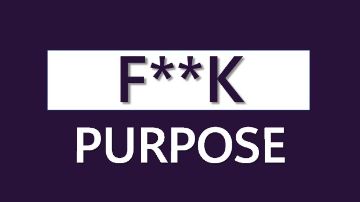
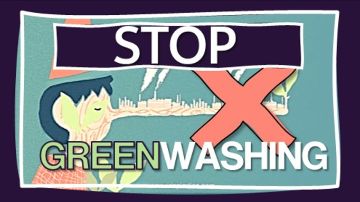
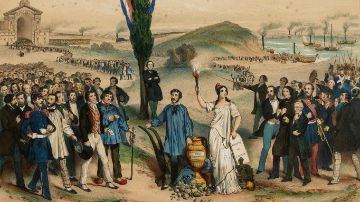
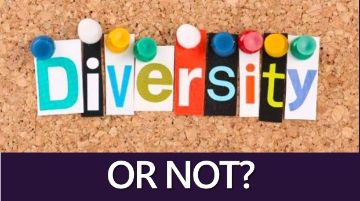
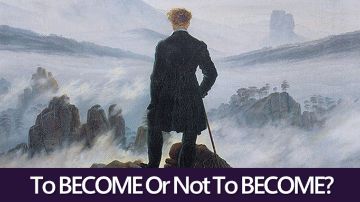
 .
.